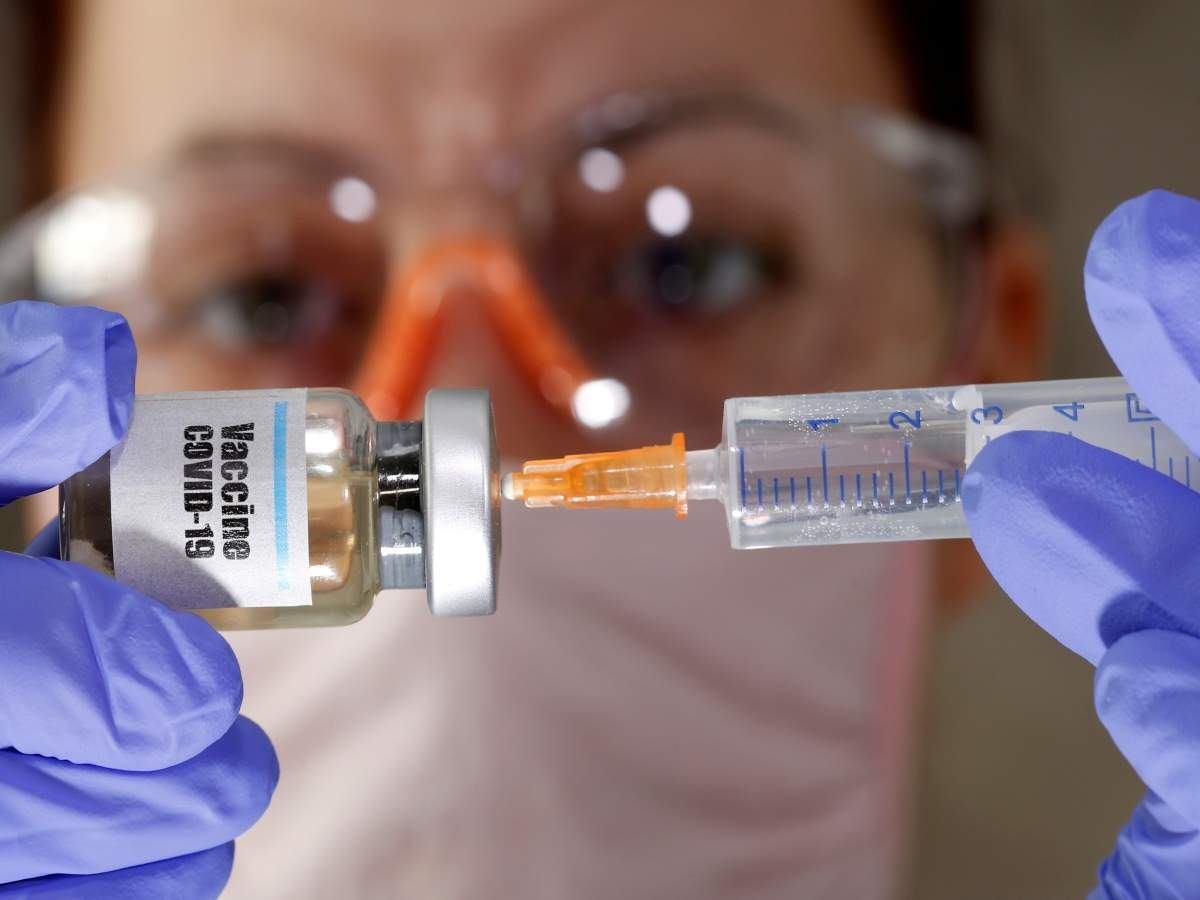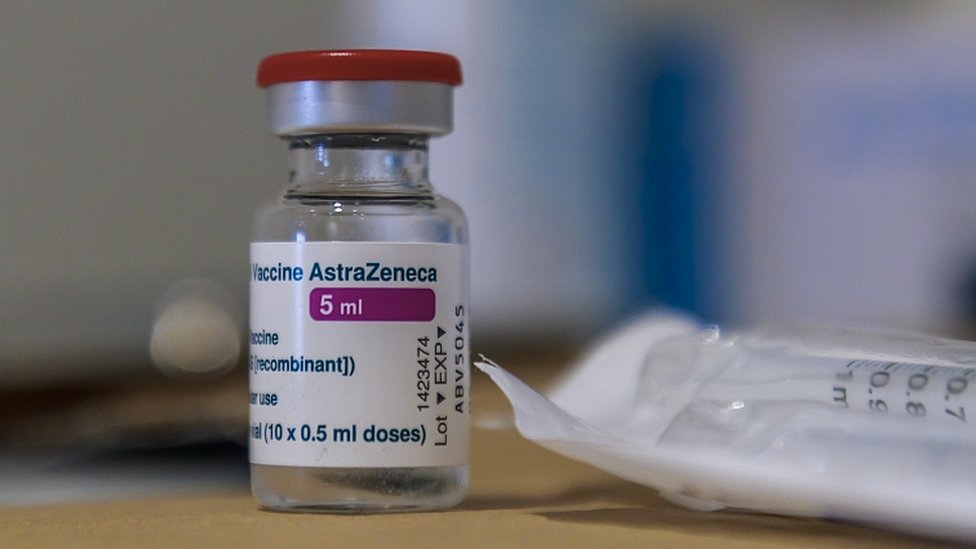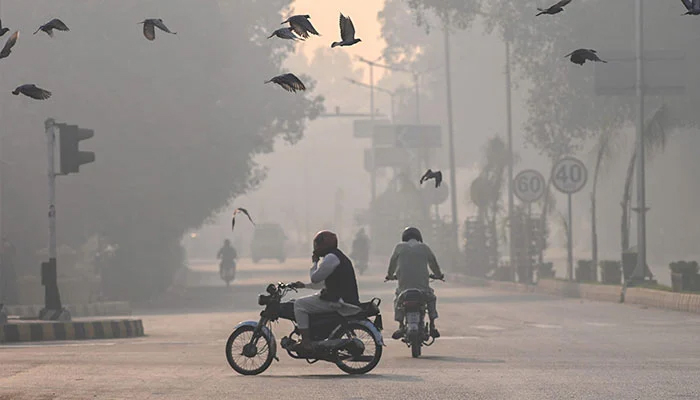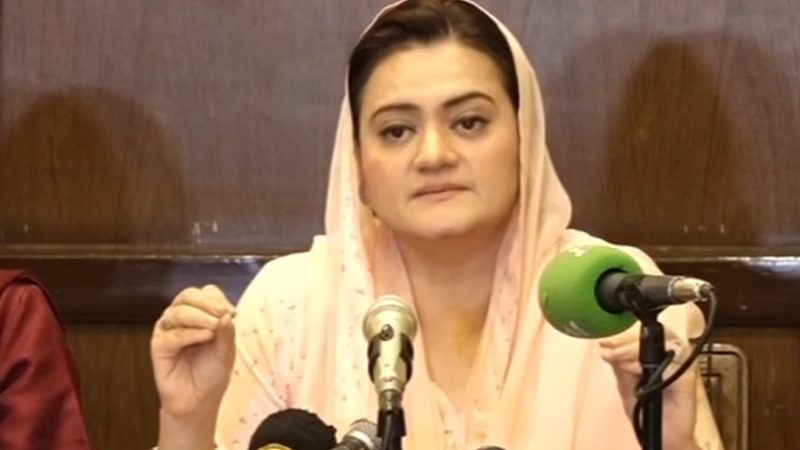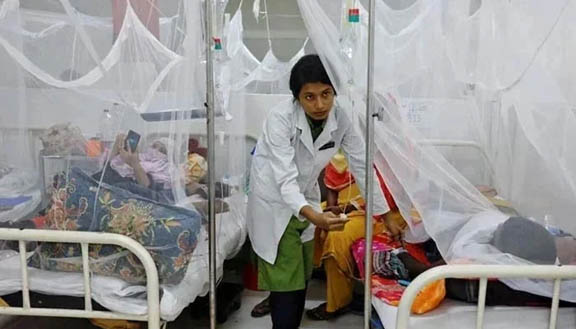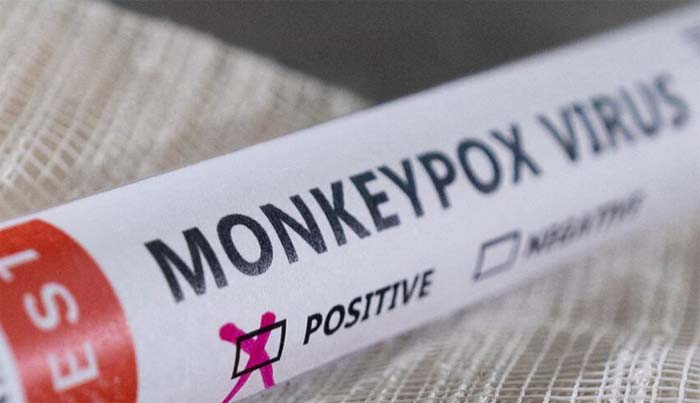He said that the EMA, the MHRA, the World Health Organisation and AstraZeneca have “all said this vaccine is safe”.
He told BBC Breakfast: “The data that we look at on a weekly basis on JCVI and a daily basis at MHRA are reassuring that there is no link, so we are right in this country to press on.
“We will keep monitoring this and if there is any safety signals that we are concerned about, we would let the public know straight away.
“At the moment, the message is absolutely clear – go and get your vaccine when offered.
“I spent all yesterday in our practice vaccinating with the Oxford/AstraZeneca vaccine – I would not be immunising my own patients unless I felt it was safe.”
Prof Harnden said analysis of the 11 million doses of the vaccine given so far in the UK had found “no demonstrable difference between the blood clots in those that have been vaccinated from those in the general population.
“We have to remember that there are 3,000 blood clots a month on average in the general population and because we’re immunising so many people, we are bound to see blood clots at the same time as the vaccination, and that’s not because they are due to the vaccination.
“That’s because they occur naturally in the population.
“One ought to also remember that Covid causes blood clots. So, the risks of not having the Covid vaccination far outweigh the risks from the vaccinations.”
Prof Harnden also told the programme that all over-50s in the UK can expect to be vaccinated in the next few weeks.
“Most people over the age of 50 will be vaccinated really within the next few weeks – so it is tremendously successful,” he said of the vaccination programme.
“Those first nine priority groups included 99% of all hospitalisations and deaths, certainly in wave one of the pandemic, so we’re feeling very optimistic.
“We’re seeing a very sharp reduction in the deaths and hospitalisations throughout the country.”
On the issue of side-effects, Prof Harnden said women were more likely to get them from the Oxford/AstraZeneca jab than were men.
“The Oxford/AstraZeneca vaccine – for the first dose – seems to give quite a lot of minor side effects like: a very sore arm; fever; malaise; headache and sometimes chills which may last for up to 48 hours afterwards,” he said.
“They do seem to be more common in women and in younger women.
“With the Pfizer vaccine, which we are given at the moment, it seems to be the reverse – side-effects are more likely with the second vaccine.
“The message is once you’ve had your first Oxford/AstraZeneca vaccine – if you do get some side-effects which are unpleasant, take some paracetamol.”
He said people should not be deterred from having a second dose.
On Sunday, Dr Phil Bryan, vaccines safety lead at the MHRA, said people “should still go and get their Covid-19 vaccine when asked to do so” despite reports from Norway and Denmark about potential cases of blood clots.
“We are closely reviewing reports but given the large number of doses administered, and the frequency at which blood clots can occur naturally, the evidence available does not suggest the vaccine is the cause,” he said.
AstraZeneca also said its own review had found no evidence of an increased risk of pulmonary embolism, deep vein thrombosis (DVT) or thrombocytopenia, in any defined age group, gender, batch or in any particular country.
In clinical trials for the jab, the number of clotting incidents was small and “lower in the vaccinated group” than in those who were unvaccinated, it added.
“To overcome the pandemic, it is important that people get vaccinated when invited to do so,” the firm said in a statement.


